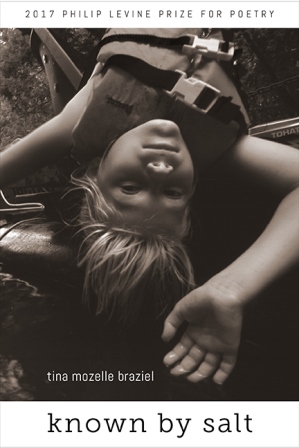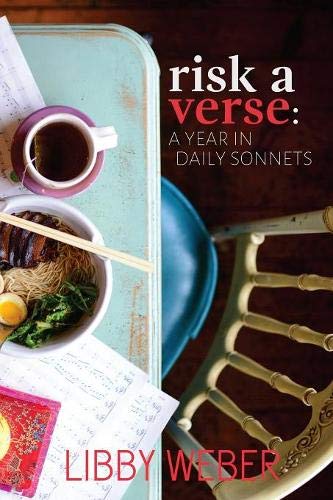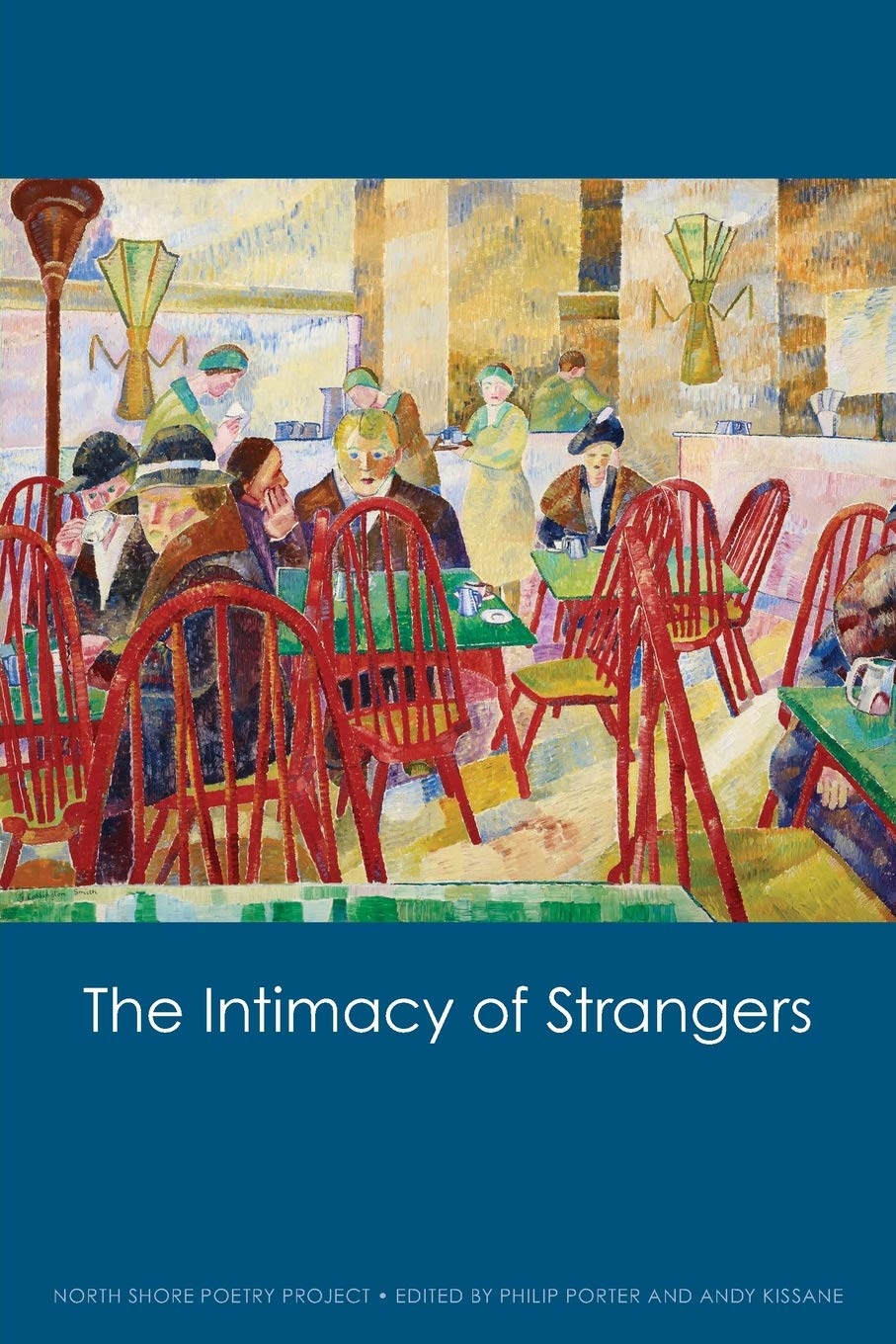 There is an exuberance here; a delight in the word, in the construction of the self, the abnegation of the self, and in the sheer pain and joy of living, losing, and loving, that comes through each of the poems.
There is an exuberance here; a delight in the word, in the construction of the self, the abnegation of the self, and in the sheer pain and joy of living, losing, and loving, that comes through each of the poems.
Tag: poetry
Robert McDowell’s Narratives in Quiet Money and The Diviners
 To understand the poetry of Robert McDowell, it is important to see him through the lens of the late, great poet Philip Levine, whom Robert McDowell recalls proclaiming, “Robert, he’s his own cat!” In a way that is prophetic and unique, Robert McDowell enters the circus of human stories, and tells them wryly, reminding us that humor exists even in some of our darkest and bleakest moments.
To understand the poetry of Robert McDowell, it is important to see him through the lens of the late, great poet Philip Levine, whom Robert McDowell recalls proclaiming, “Robert, he’s his own cat!” In a way that is prophetic and unique, Robert McDowell enters the circus of human stories, and tells them wryly, reminding us that humor exists even in some of our darkest and bleakest moments.
A review of brookings: the noun by Jennifer Maiden
 As with all of Maiden’s books, brookings: a noun is powerfully astute and thought-provoking, pulling together disparate ideas, deep emotion, and critical thinking and empathy in places where they’re often not found. Above all though, Maiden is a poet’s poet, with a rich lyrical ear.
As with all of Maiden’s books, brookings: a noun is powerfully astute and thought-provoking, pulling together disparate ideas, deep emotion, and critical thinking and empathy in places where they’re often not found. Above all though, Maiden is a poet’s poet, with a rich lyrical ear.
A review of Known by Salt by Tina Mozelle Braziel
 Braziel’s lyrical, captivating voice will no doubt only get richer and stronger as she continues to write. Yet, the young voice she has now is so fine, lovely, true, and strong. Readers can only begin to imagine what might come next from this rising star of modern poetry.
Braziel’s lyrical, captivating voice will no doubt only get richer and stronger as she continues to write. Yet, the young voice she has now is so fine, lovely, true, and strong. Readers can only begin to imagine what might come next from this rising star of modern poetry.
A review of Risk a Verse: A Year in Daily Sonnets By Libby Weber
 Delightfully so, this turns out to have been an undertaking Libby Weber pulls off with grace and aplomb. The result of her bold experiment in poetry is a lovely, thick book of sonnets that vary in mood, topic, and with some variation in format.
Delightfully so, this turns out to have been an undertaking Libby Weber pulls off with grace and aplomb. The result of her bold experiment in poetry is a lovely, thick book of sonnets that vary in mood, topic, and with some variation in format.
A review of Visits and Other Passages by Carol Smallwood
 Readers used to poetry collections or volumes where the prose knows if it is fiction or nonfiction might at first be perplexed by the way genre boundaries are transgressed or redrawn this time around. But my bet is that those who come with a spirit of adventure will be rewarded by the irreverence and innovation on almost every page. Visits and Other Passages provides enough threads of a motif that knits up a quest myth, patterns of loss and recovery, and the power of visitation.
Readers used to poetry collections or volumes where the prose knows if it is fiction or nonfiction might at first be perplexed by the way genre boundaries are transgressed or redrawn this time around. But my bet is that those who come with a spirit of adventure will be rewarded by the irreverence and innovation on almost every page. Visits and Other Passages provides enough threads of a motif that knits up a quest myth, patterns of loss and recovery, and the power of visitation.
A review of We Have Been Lucky in the Midst of Misfortune by Sarah Stern
 Don’t let these details slip by you. The ways that time and war shape language and geography run parallel to the way that the human soul transmigrates; and they shape the identity of the beings that are geboren and gestorben (38) there.
Don’t let these details slip by you. The ways that time and war shape language and geography run parallel to the way that the human soul transmigrates; and they shape the identity of the beings that are geboren and gestorben (38) there.
A review of The Intimacy of Strangers edited by Philip Porter and Andy Kissane
 The dinners sound sumptuous, and it’s easy to imagine the environment in which the work would have been read: full of laughter, shared moments of intensity, and of a deep-seated acceptance of the differences that make us unique, interesting, and yet connect us to one another.
The dinners sound sumptuous, and it’s easy to imagine the environment in which the work would have been read: full of laughter, shared moments of intensity, and of a deep-seated acceptance of the differences that make us unique, interesting, and yet connect us to one another.
A review of Circus By Deonte Osayande
 It takes courage to decide to live and share ones most intimate and authentic self. Osayande’s poems are personal glimpses into his life. Collectively they are viewed by the author as bizarre, beautiful and tragic. Relationships, loving and life can be complex and present as a compilation of these.
It takes courage to decide to live and share ones most intimate and authentic self. Osayande’s poems are personal glimpses into his life. Collectively they are viewed by the author as bizarre, beautiful and tragic. Relationships, loving and life can be complex and present as a compilation of these.
A review of Where the Lost Things Go By Anne Casey
 Where the Lost Things Go is a powerful book. The immediate accessibility of the poetry does not diminish the impact of the work, which moves through key moments in life, tracking grief, loss, ageing, parenting, and what it means to take a stance in a world where the need for compassion as a political gesture–deep-seated humanism–is greater than it has ever been.
Where the Lost Things Go is a powerful book. The immediate accessibility of the poetry does not diminish the impact of the work, which moves through key moments in life, tracking grief, loss, ageing, parenting, and what it means to take a stance in a world where the need for compassion as a political gesture–deep-seated humanism–is greater than it has ever been.